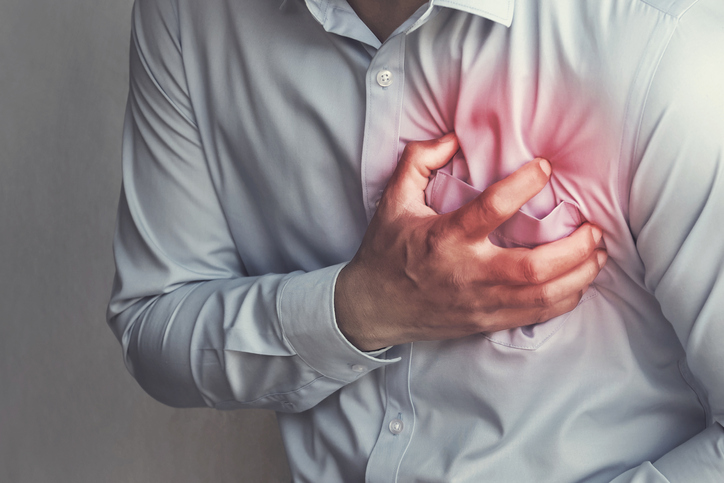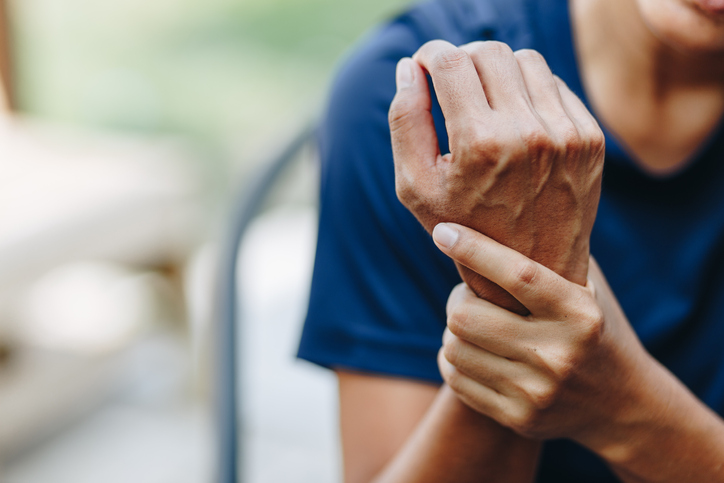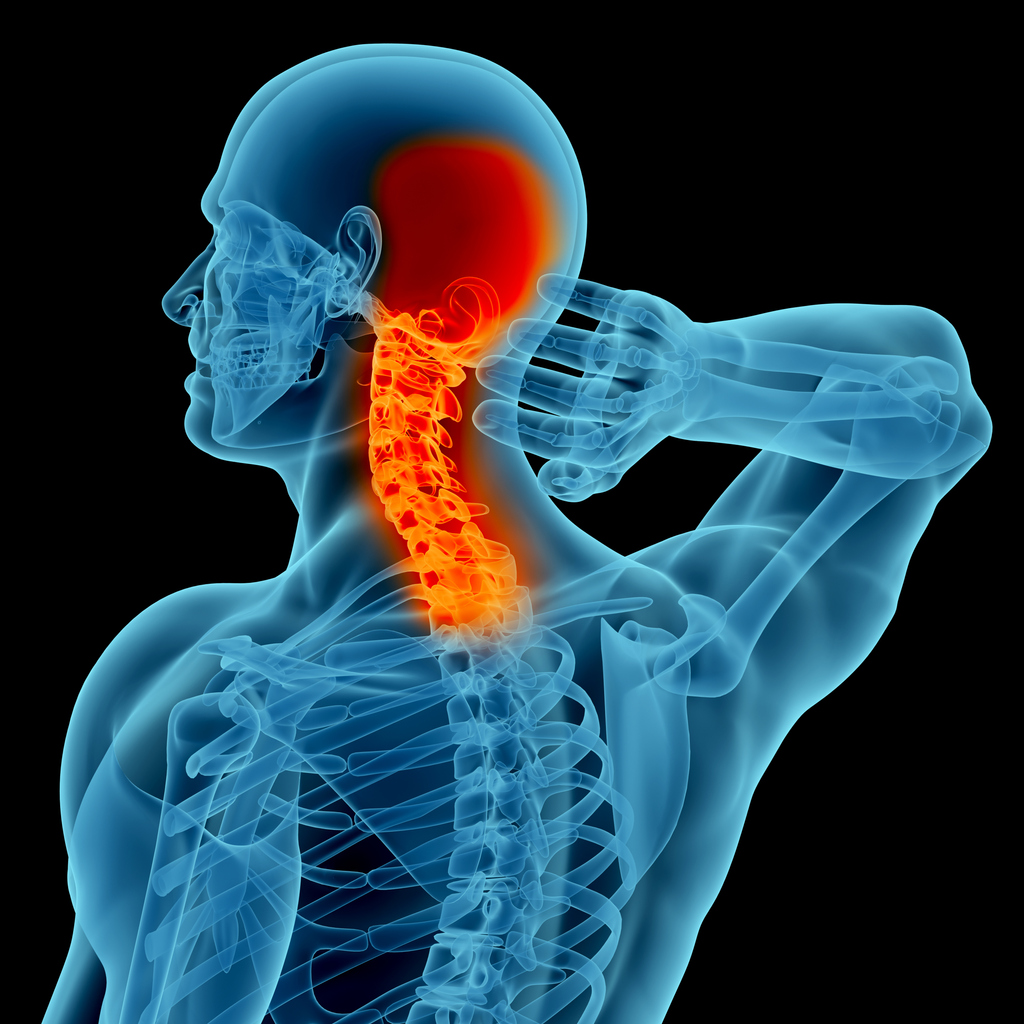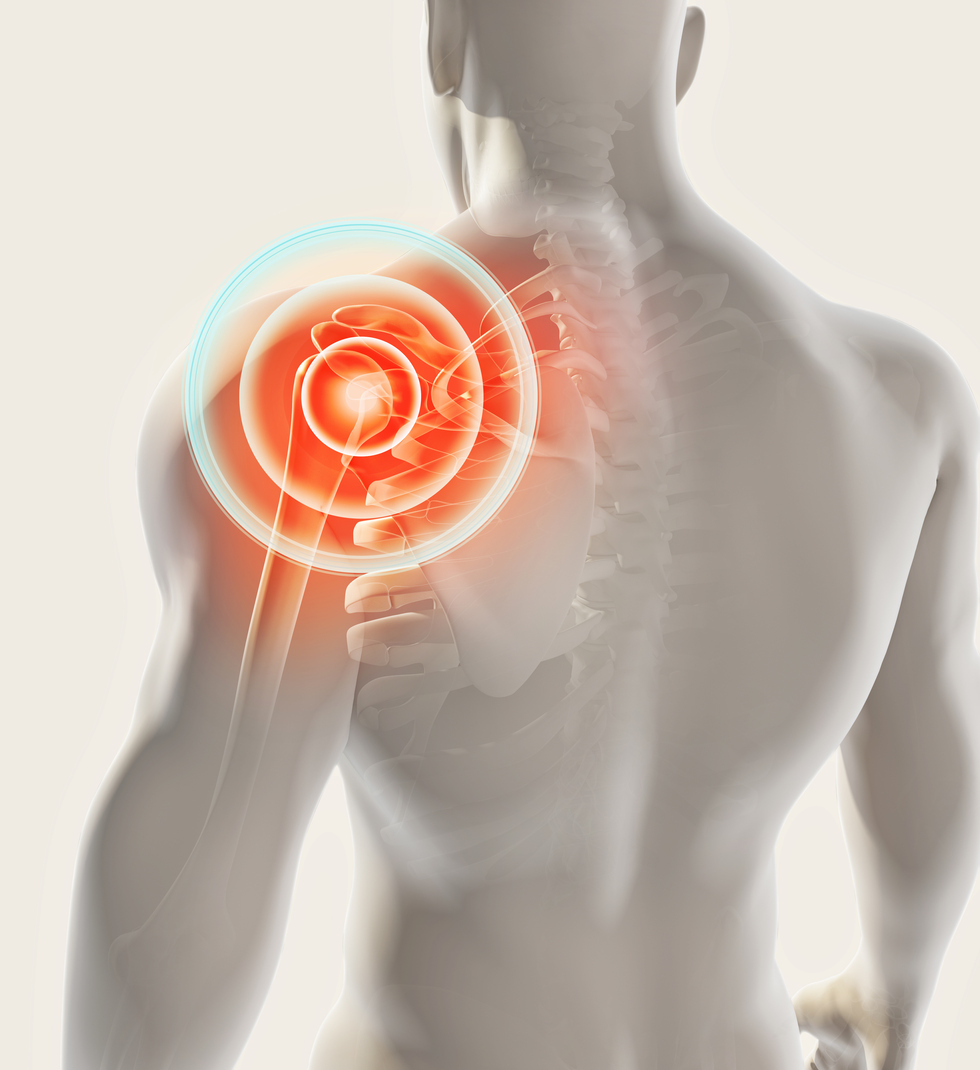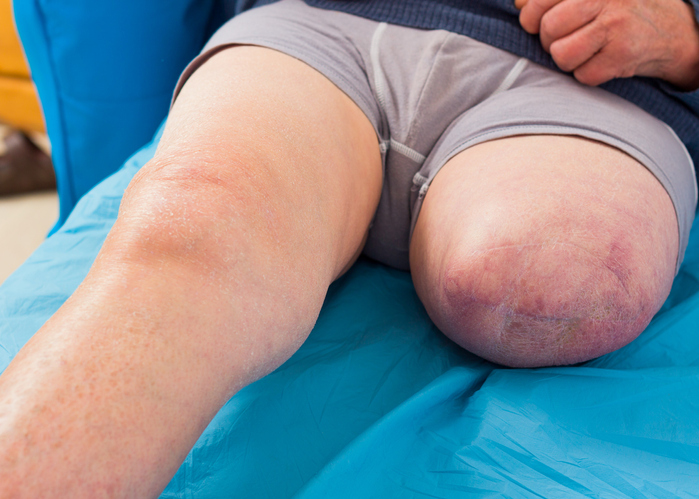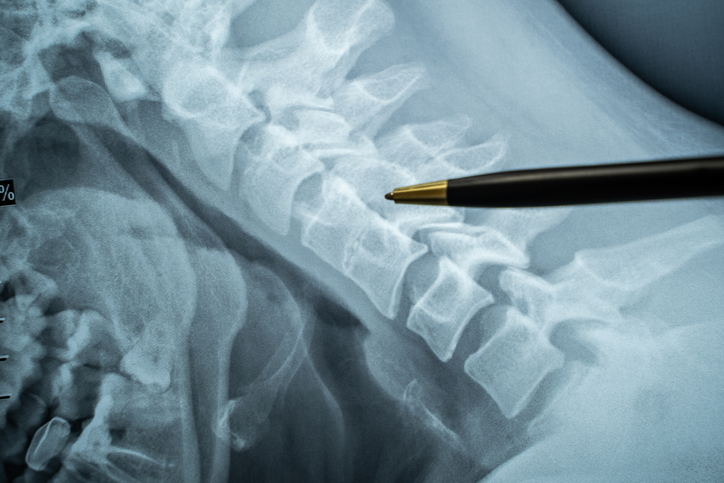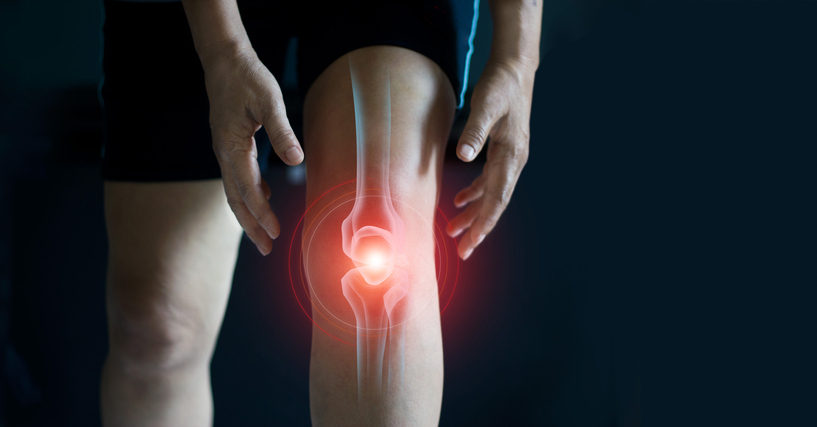Pain
Potential Complications of Untreated Chronic Pain

Treating chronic pain is essential not only to reduce pain and improve quality of life but also to prevent additional health complications. Untreated, persistent or intractable chronic pain — no matter the origin — can negatively affect the health of the cardiovascular system, immune system, musculoskeletal system, and more.
Cardiovascular
Chronic pain can affect the mechanism in the body that regulates blood pressure. This increases the risk of developing hypertension (high blood pressure). Hypertension increases the risk of experiencing serious complications, such as heart attack or stroke.
Musculoskeletal
When chronic pain affects a specific part of the body, such as a leg or arm, that area of the body can become “deconditioned.” Deconditioning occurs (consciously or unconsciously) by limiting the use or movement of the affected part of the body in order to prevent pain. This can result in muscle, nerve, and joint weakness. Also, since the body is no longer moving in a normal, symmetric way, other parts of the body may be overused, leading to additional pain or injury. For example, if chronic pain affects the right knee, the right knee and leg may become weak, while the left leg may become injured or painful due to overuse. Hip or back pain may also develop due to unnatural movement.
Hormonal
Uncontrolled chronic pain can negatively affect the endocrine system. Persistent pain can cause abnormally high or low levels of hormones, such as catecholamines, glucocorticoids and testosterone, potentially creating various negative health consequences. Hormonal abnormalities caused by chronic pain may also weaken the immune system. This typically causes slow healing of wounds or a reduced ability to prevent or fight infections.
Neuropsychiatric
Untreated chronic pain can even impact brain function. Up to two-thirds of patients with chronic pain experience problems with cognitive processes, such as memory and attention. Issues with insomnia and depression may also occur.
Proper treatment of chronic pain is essential not only to manage the initial pain condition but also to monitor and treat any complications that may arise.








